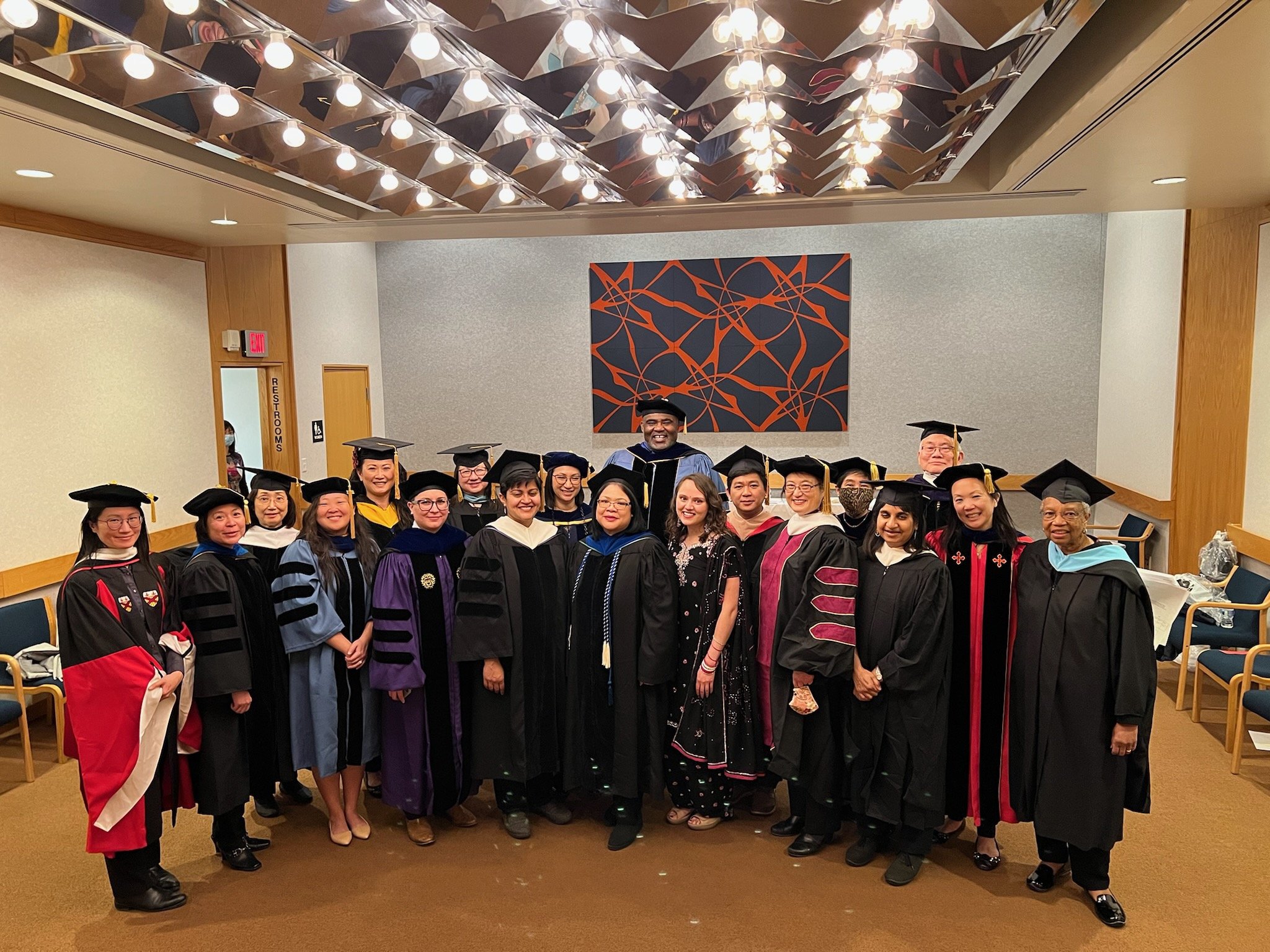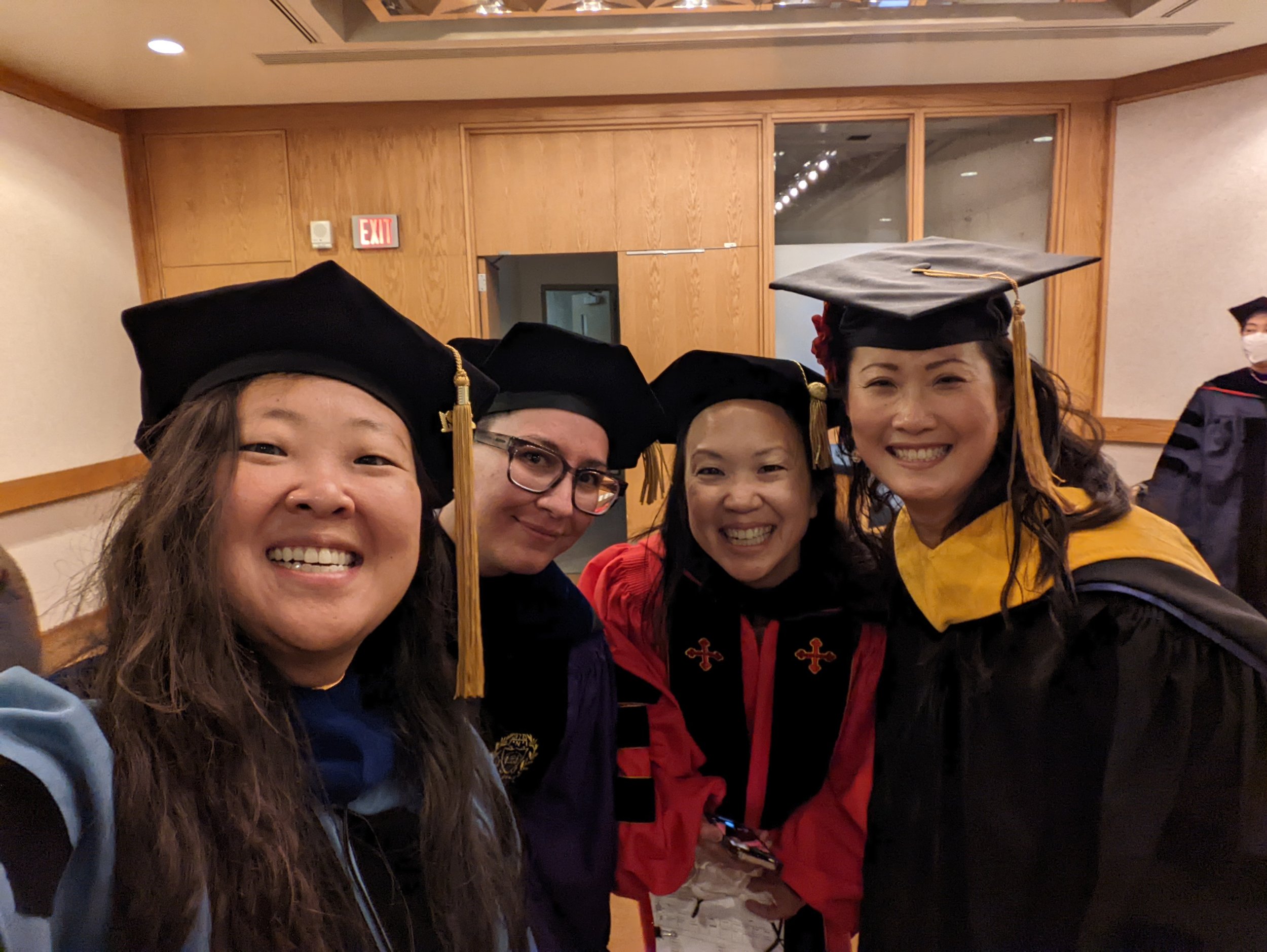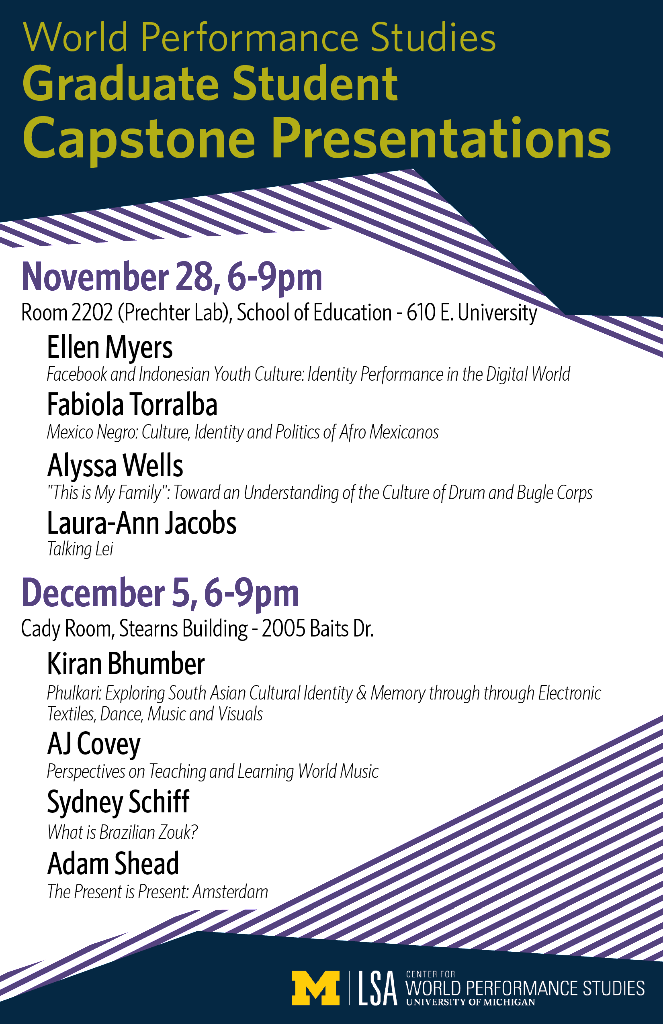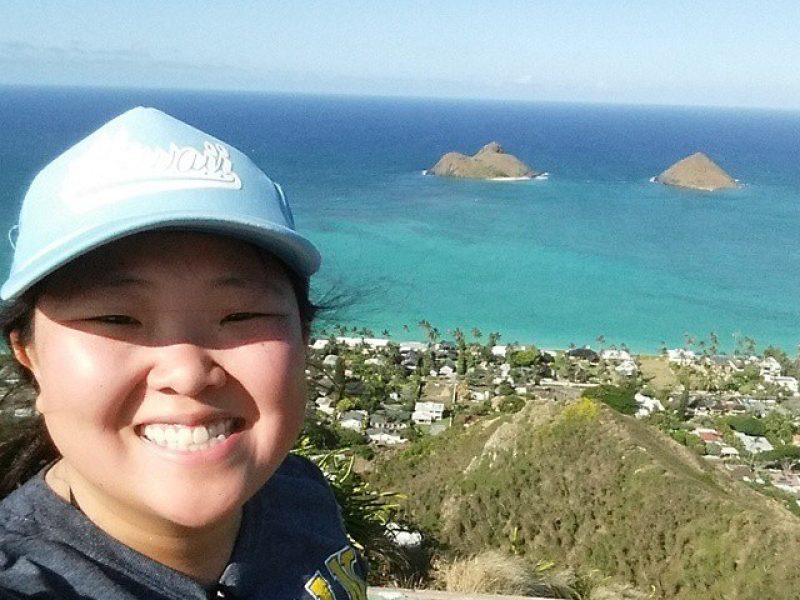This week (May 10) I had the opportunity to serve on a panel for the University of Michigan Institute for Social Change alongside Dr. Lilia Cortina (University of Michigan) and Dr, Rahul Mitra (Wayne State University). I am honored to have been invited to join alongside these outstanding senior scholars and learned so much from each of them in our time together.
Thank you to Dr. Joseph Cialdella for your work with the Rackham Program in Public Scholarship and for the Institution for Social Change in particular.
The Institute for Social Change (ISC) is a cohort-based spring program that allows students to explore the conceptual and practical dimensions of public scholarship—the diverse ways we can create and circulate knowledge for and with publics and communities. The program introduces graduate students to an array of publicly engaged scholarship, pedagogy, and practices focused on social change and university-community partnerships.
As a doctoral student, I participated in the Rackham Program in Public Scholarship and highly recommend the programs to those who are at the University of Michigan. This program has helped me to think about my pedagogy, my commitments to social justice, and my actions towards public scholarship and also also funded my work with the Teen STEAM Cafe Project, a public scholarship partnership with the Ypsilanti District Library.



























